Mental health care faces significant challenges today, ranging from limited access to services to the stigma surrounding mental health issues. These challenges often prevent individuals from receiving the timely and effective care they need. In this context, behavioral health technology emerges as a game-changer, offering innovative solutions to bridge these gaps. This technology encompasses a range of tools and platforms designed specifically for mental health facilities, enhancing the delivery and management of care.
Integrating behavioral health technology into mental health care can significantly improve access to services, streamline care coordination, and offer personalized treatment plans. These advancements are particularly crucial for mental health facilities, where the demand for efficient and effective care is constantly growing. In this blog, we’ll explore how behavioral health technology is transforming mental health care, making it more accessible, effective, and patient-centered.
The current state of mental health care
Mental health facilities today grapple with many challenges that hinder their ability to provide optimal care. One of the most pressing issues is the ever-increasing demand for mental health services. As awareness of mental health issues grows, more individuals are seeking help, yet facilities often lack the resources to meet this surge in demand. This gap leads to long waiting times and, in some cases, inadequate care.
Another challenge is the shortage of mental health professionals. Many facilities face difficulties in recruiting and retaining skilled staff, which further strains their capacity to offer comprehensive care. Additionally, the stigma associated with mental health issues or treatments continues to be a barrier, preventing many individuals from seeking the help they need.
These challenges underscore the urgent need for effective solutions in mental health care. Facilities must adopt innovative approaches to expand their reach and improve the quality of their services. This is where behavioral health technology plays a transformative role, offering tools and systems that enhance care delivery, streamline operations, and ultimately improve patient outcomes in mental health facilities.

How behavioral health technology is making a difference
Behavioral health technology encompasses a wide range of digital tools and platforms specifically designed to enhance mental health care. This technology includes electronic health records (EHRs), telehealth services, mobile health applications, and data analytics tools. These innovations are reshaping how mental health facilities operate and deliver care.
One significant application of this technology is in improving patient management. EHRs, for instance, allow for the efficient organization and access to patient records, streamlining the treatment process. They also facilitate better coordination among healthcare providers, ensuring patients receive comprehensive and consistent care.
Telehealth services are another game-changing aspect of behavioral health technology. They enable patients to access mental health services remotely. This has been particularly beneficial during the COVID-19 pandemic, allowing patients to receive care even in lockdown situations.
Mobile health applications are another exciting innovation in the world of behavioral health. They offer patients tools for self-management and monitoring, empowering them to take an active role in their treatment. These apps can provide reminders for medication, track mood changes, and even offer therapeutic exercises, making mental health care more accessible and engaging.
Data analytics tools in behavioral health technology help facilities identify trends, measure treatment outcomes, and make data-driven decisions. This leads to more effective treatment strategies and improved patient outcomes.
Overall, behavioral health technology is revolutionizing mental health care. Providing innovative tools and platforms helps mental health facilities overcome traditional challenges, improve the quality of care, and make mental health services more accessible to those who need them.
Features of effective behavioral health technology
Effective behavioral health technology must encompass several key features to truly benefit providers and patients in mental health care. Foremost among these is comprehensive patient management.
Effective patient management allows providers to maintain detailed patient records, track treatment progress, and manage care plans efficiently. It ensures that every aspect of a patient’s care receives attention and that providers can make informed decisions based on a complete view of the patient’s history and current status.
Data analysis is another crucial feature. It enables mental health facilities to extract meaningful insights from large volumes of patient data. Providers can identify trends, assess the effectiveness of different treatment approaches, and tailor their services to meet the evolving needs of their patient population. This data-driven approach leads to more effective treatment strategies and improved patient outcomes.
Telehealth capabilities have become indispensable. They allow patients to access mental health services remotely, breaking down barriers such as geographical limitations or mobility issues. Telehealth not only makes mental health care more accessible but also ensures continuity of care in challenging circumstances.
Together, these features create a robust framework for mental health care. They empower providers to deliver high-quality, personalized care and enable patients to engage more actively in their treatment process. Behavioral health technology is making significant strides in improving mental health care by leveraging patient management, data analysis, and telehealth capabilities.
Overcoming barriers with behavioral health technology
Behavioral health technology plays a pivotal role in overcoming common barriers in mental health care, particularly those related to accessibility and stigma. One of the most significant barriers is the limited access to mental health services, often due to location or a shortage of mental health professionals.
Telehealth capabilities within behavioral health technology help address this issue by enabling remote consultations and therapy sessions. Patients can receive care from the comfort of their homes, making mental health services more accessible to those in remote or underserved areas.
Another barrier is the stigma associated with mental health issues, which often prevents individuals from seeking help. Many mobile health applications and online platforms offer anonymity and privacy. These tools provide discreet ways for individuals to seek information, support, and even treatment without the fear of being judged.
Furthermore, behavioral health technology enhances patient engagement and empowerment, which is crucial in combating stigma. By providing resources and tools for self-management, technology enables patients to take an active role in their mental health care, fostering a sense of control and reducing the stigma associated with seeking help.
Behavioral health technology offers innovative solutions to break down the barriers of accessibility and stigma in mental health care. By leveraging telehealth, mobile applications, and online resources, this technology makes mental health services more accessible, discreet, and patient-centered.

The future of mental health care with technology
The future of mental health care with technology holds immense promise, with anticipated further advancements in behavioral health technology. There’s also the promise of AI-driven tools that will offer even more personalized care, analyzing patient data to tailor treatment plans precisely to individual needs. These advancements will likely lead to earlier intervention in mental health issues, potentially reducing the severity of conditions over time.
An additional development on the horizon is greater integration of Virtual Reality (VR) and Augmented Reality (AR) in treatment, providing immersive therapeutic experiences to address various mental health conditions more effectively. This technology will allow patients to confront and work through their issues in a controlled, safe environment.
The long-term impact of these technological advancements on mental health care will be profound, with potential improvements in treatment outcomes, a reduction in the stigma associated with mental health, and greater accessibility to quality care for people worldwide. Technology will continue to play a crucial role in transforming mental health care, making it more effective, accessible, and patient-centered.
Behavioral health technology solutions with BlueStep
Behavioral health technology is revolutionizing mental health care, offering innovative solutions to longstanding challenges. This technology enhances accessibility, reduces stigma, and improves treatment outcomes, making a significant impact on the lives of those seeking mental health services.
For those looking to explore the potential of behavioral health technology, BlueStep offers a range of solutions tailored to your mental health care needs. We invite you to discover how BlueStep can support you in managing or delivering effective, compassionate, and innovative mental health care.


